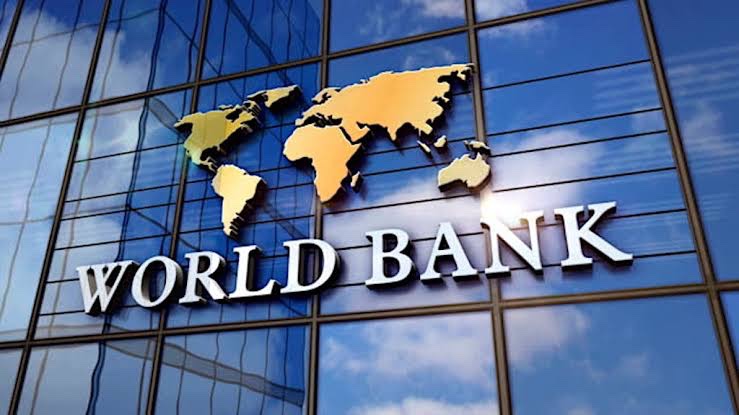The Washington-based World Bank has disbursed a $1.5 billion foreign loan to Nigeria to support the federal government’s efforts to implement fuel subsidy removal and tax reforms.
This loan is part of the broader Reforms for Economic Stabilisation to Enable Transformation Development Policy Financing initiative, launched over the past six months.
According to a recent World Bank document detailing the loan’s progress, the loan was approved on June 13, 2024.
The first tranche of $750 million was disbursed on July 2, 2024, and the second tranche was released in November 2024.
The second tranche was conditional on Nigeria meeting specific economic reform criteria.
As of now, the total disbursement to Nigeria stands at $1.88 million, accounting for less than one percent of the total approved $750 million for the ARMOUR project.
The loan has been structured in two parts with different repayment terms: the first tranche is a $750 million credit from the International Development Association (IDA), featuring a 12-year maturity and a six-year grace period.
The second tranche, also worth $750 million, is a loan from the International Bank for Reconstruction and Development (IBRD) with a 24-year repayment period and an 11-year grace period.
The World Bank document highlights Nigeria’s successful implementation of key reforms as a condition for the loan’s approval. These reforms include fuel subsidy removal, exchange rate harmonisation, and tax policy changes. The document further states:
“The borrower has prepared and submitted to the National Assembly on October 3, 2024, a comprehensive package of tax reforms, which not only reform the VAT regime but also simplify tax policy laws and tax administration.”
These reforms, part of the Reforms for Economic Stabilisation to Enable Transformation Development Policy Financing initiative, were approved by the World Bank’s Executive Directors on June 13, 2024.
The financing agreement was signed on June 19, 2024, and the loan agreement was finalized on June 26, 2024. The first tranche was released on July 2, 2024.
In addition to fuel subsidy removal and exchange rate harmonisation, the Nigerian government has deregulated the fuel market, ensuring retail prices are set by market conditions, and has made efforts to open the sector to greater competition.
The government is also working to cease deficit monetisation and rely on traditional debt instruments for deficit financing.
However, the twin policies of fuel subsidy removal and exchange rate unification have sparked mixed reactions.
The policies have led to a fivefold increase in fuel prices and a significant rise in the exchange rate, contributing to a surge in the cost of living for many Nigerians.
While the federal government introduced palliatives, such as a N25,000 cash transfer to households, fewer than two million households have benefited.
The Compressed Natural Gas Initiative, aimed at providing a cheaper fuel alternative to offset the impact of subsidy removal, has not been fully implemented, exacerbating the situation.
Consequently, inflation rates have skyrocketed, with the headline inflation rate reaching 34.60 percent and food inflation soaring to 39.93 percent.



